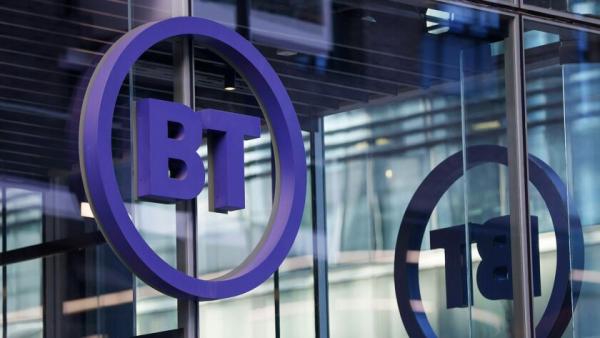Written by Andrew Wooden for Telecoms.com

A report claims that the UK comes in at a ‘lowly’ 76th place in a global listing of the cheapest regions for broadband, and no country in Western Europe made it into the top 50 cheapest places.
Cable.co.uk put the report together from data based on 3,703 broadband packages in 219 countries between 2 January 2023 and 1 March 2023. In terms of the top and bottom of the charts, Sudan has the world’s cheapest broadband with an average cost of $2.30 per month, while the Burundi is the most expensive place in the world with an average package price of $383.79 per month.
The US is one of the most expensive developed Western nations, we’re told, at 146th place, with an average package cost of $59.99 per month.
The 29 countries measured in Western Europe were sort of in the middle to bottom end of the table, with none in the top 50 and two in the bottom 50. The regional average price of $50.87, the cheapest prices being in Malta and the most expensive being in Norway.
“It is not altogether too surprising that the most advanced, developed nations tend to have some of the most expensive broadband,” said Dan Howdle, consumer telecoms analyst at Cable.co.uk. “After all, earnings are higher, and investment and rollout of new technologies tends to be ahead of the curve. Or so one would think. It is interesting, however, that the cheapest broadband in the world tends to be in Eastern Europe and CIS nations. These countries tend to have some of the most advanced infrastructure (high % full fibre FTTP coverage), and are somehow able to offer it to users at very low prices.
“In a way it obliterates the notion that regions such as Western Europe and North America pay more because of the cost of rolling out new technologies, and actually points more readily to the idea that people in these countries are made to pay more simply because they can be.”
There’s no ultimate/moral truth in terms of what broadband – or anything else – should be priced at of course. Once costs have been covered for a product or service, it’s usually a question of how much firms think people are willing to pay for them combined with the levelling factor of market competition and in some cases government regulation, which in theory should keep things from becoming extortionate.
The importance of this competitive factor in the telco sector leads to things like regulators blocking mergers between operators, whether you agree with that happening or not. The idea that regions like western Europe are ‘made to pay more simply because they can be’ is sort of true in terms of a market finding its level, but if it were that straightforward presumably European telcos could simply fix their current margin woes on the mobile side with a hefty consumer price hikes.
Click here to read the original article.









